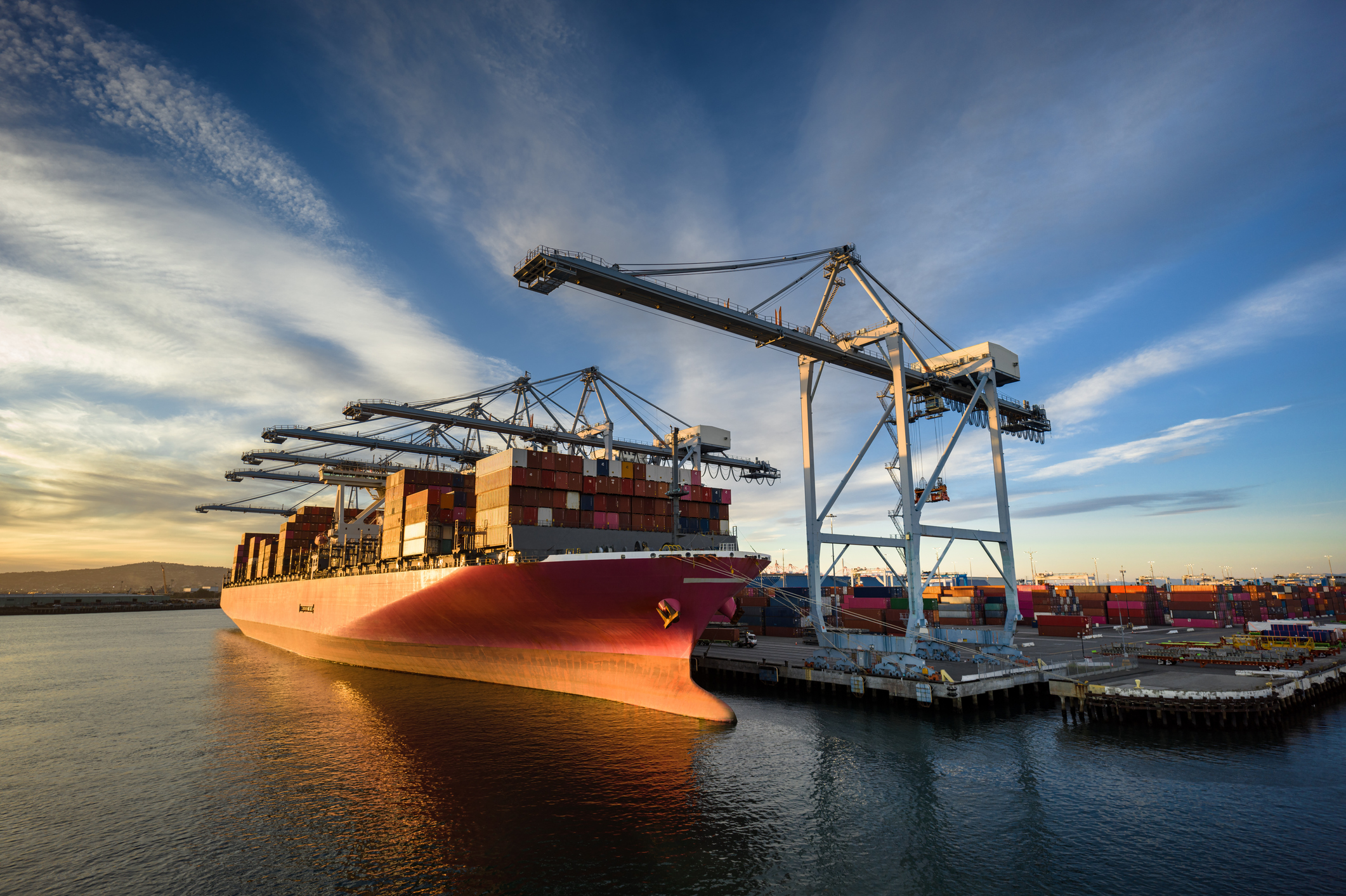BRICS is a channel for dialog and a space to defend the multipolar world
BRICS is responsible for 24% of the world's commercial exchanges and represents 39% of global Gross Domestic Product (GDP). International relations experts underscore that the group's economic power has contributed to its political relevance as a collaboration and cooperation forum that strengthens a multipolar and less unequal world.

By Thayara Martins | thayara.martins@presidencia.gov.br
BRICS members play an important role in global trade networks that have been growing visibly since the first Summit Meeting in 2009. According to Comexvis –an interactive data platform from the Secretariat of Foreign Trade of Brasil's Ministry of Development, Industry, Trade, and Services (Ministério do Desenvolvimento, Indústria, Comércio e Serviços/MDIC)– BRICS members exported a total of USD 1.7 trillion in 2005. In 2021, the total exported reached USD 5.7 trillion, which represents a 229% growth.
In addition to being large exporters and importers, these countries are frequent destinations for each other’s exports, reflecting the economic cooperation within the group. Data from Comexvis for the 2006–2021 period demonstrate that China remained the largest exporter of goods within BRICS, while Russia maintained the second position, followed by the United Arab Emirates in third and India in fourth. Among the main products exchanged are oil, natural gas, ore and metals, machinery and electrical equipment, cereals, beef, and coffee.
According to Professor Ana Flávia Granja e Barros, from the International Relations Institute of the University of Brasilia (UnB) and the Defence Higher Education Institution (Escola Superior de Defesa/ESD), the BRICS group is extremely relevant to emerging economies, not only for its commercial flow but also because it is a channel for dialog and a space to defend multilateralism in a moment when the world is going through an international cooperation crisis.
“Brasil has a clear interest in participating in BRICS, as these are large-scale economies with a strong capacity for dialogue. Brasil has always advocated for a multipolar order and open communication, and being part of this mechanism means engaging with all countries willing to engage with Brasil,” stated Granja.
Trade with the use of local currencies
Regarding the ongoing discussion about the use of local currencies in commercial transactions among BRICS countries, Professor Haroldo Ramanzini Júnior, from the International Relations Institute of the University of Brasilia (UnB), believes this measure would further facilitate trade and investments. “In my vision, the goal of using local currencies for commercial transactions among countries is to expand commercial exchanges. It is not an effort against any particular country; and Brasil even has similar efforts within Mercosur,” argued Ramanzini Júnior.
According to the professor, the benefits include the possibility of expanding intra-BRICS trade and investments through reducing the costs of commercial and financial operations. Intra-BRICS trade has a growth potential that requires advancing measures to facilitate trade and regulatory cooperation, and the use of local currencies is one of the efforts in this direction. In the case of Brasil, trade with China is already strong, but there is space to expand trade with other BRICS members.
The power of coordination
The growing economic development of BRICS countries —particularly China between the end of the 20th century and the beginning of the 21st— has allowed them to gain greater influence in international politics and the global political landscape, explains Professor Ana Flávia Granja e Barros. According to her, the group has reached some consensus; however, this political coordination requires lengthy negotiations and significant pressure to achieve understanding, making it an effort that now demands more from the actors involved.
Professor Haroldo Ramanzini emphasizes the importance of the group's efforts to reform international financial institutions such as the International Monetary Fund (IMF) and the World Bank, to increase the representativeness of these institutions’ governance systems.
He argues that, with the new composition of BRICS and the inclusion of Indonesia, it is possible to envision a convergence among the countries toward building a less unequal and more multipolar world order.
“This broad amalgamation of BRICS translates into a proactive agenda regarding the urgent need for reforms in global governance. We increasingly see the difficulty that current international institutions face in providing answers to the world's major problems today," argues the professor.